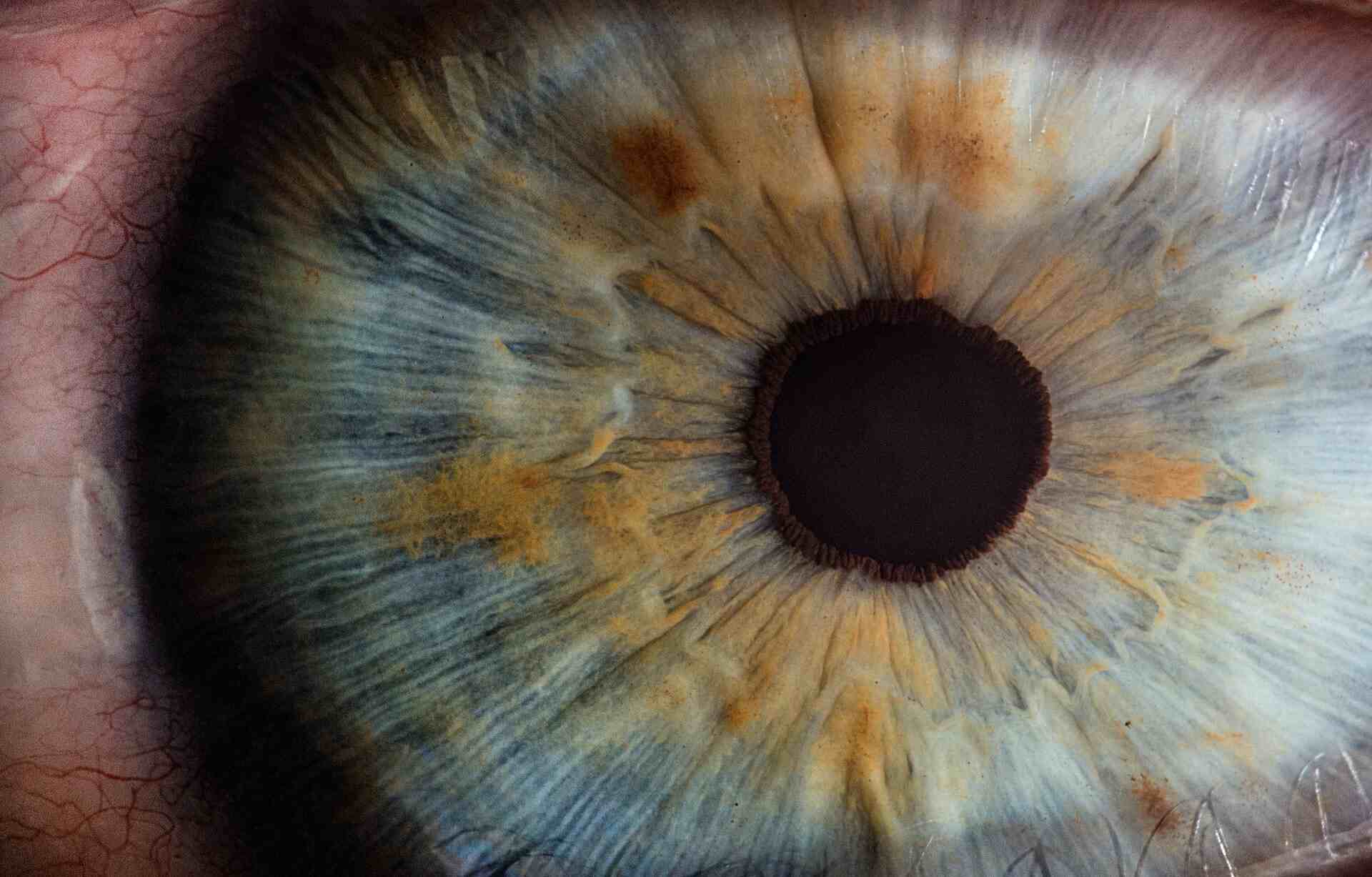








Introduction
Mental health has become an important topic of discussion and concern in our society, and rightly so. From raising awareness about mental health issues to destigmatising mental illness, it’s clear that we have come a long way. But have you ever wondered where the concept of mental health came from? In this blog, we take a fascinating look at the history of mental health. Identifying how it has evolved, including the crucial moments that have shaped societies’ understanding and approach toward mental health and well-being, helps us to understand ourselves, and where we still need to go.
Ancient Beliefs and Early Notions
Long before modern medicine and psychology emerged, diverse cultures harboured unique beliefs about mental health. Ancient civilizations, and even some present-day societies, attributed mental disturbances to supernatural causes such as demonic possession or divine displeasure. The Egyptians, Greeks, and Romans held diverse perspectives on mental health, ranging from spiritual interpretations to ancient humoral theories.
The Middle Ages and the Rise of Asylums
The Middle Ages brought a sombre shift in societal attitudes toward mental health. Individuals suffering from mental illnesses were often misunderstood, marginalised, and tragically persecuted. During this period, the first mental asylums were established to provide care, and later these would be replaced by psychiatric hospitals, but they tragically transformed into sites of abuse and neglect.
The Birth of Modern Psychiatry
The 18th and 19th centuries witnessed significant advancements in understanding mental health. Visionaries like Philippe Pinel, William Tuke, and Clifford Whittingham Beers launched some of the earliest client-advocate health reform movements that advocated for more humane treatments for mentally ill patients, including the mental hygiene movement. The moral treatment movement promoted compassion, kindness, and therapeutic interventions, marking a critical turning point in the history of mental health care. The American Psychiatric Association is still responsible today for the research and development of mental health disorders.
Sigmund Freud and the Psychoanalytic Approach
The early 20th century brought about revolutionary changes in the field of mental health with the advent of psychoanalysis. Sigmund Freud, often regarded as the father of psychoanalysis, introduced a new perspective on the human mind and the subconscious. His work greatly influenced modern psychology and the treatment of mental health disorders.
Deinstitutionalisation and Community Mental Health
In the mid-20th century, the deinstitutionalisation movement gained momentum. It aimed to shift the focus from large, isolated asylums to community-based care for those with mental health issues. While the intent was noble, the lack of proper infrastructure and resources posed challenges, leading to a different set of problems for those affected by mental illness.
The Emergence of Psychopharmacology
The latter half of the 20th century witnessed groundbreaking advances in psychopharmacology. The discovery and development of psychiatric medications revolutionised the treatment of mental illness. Antidepressants, antipsychotics, and mood stabilisers are available to help people manage various mental health conditions.
Contemporary Perspectives and Holistic Approaches
As we entered the 21st century, mental health became an increasingly prominent topic in public discourse. Awareness campaigns, advocacy, and destigmatisation efforts gained momentum. The focus shifted towards adopting holistic approaches to mental health, encompassing not only medical interventions but also psychological therapies, lifestyle changes, and social support systems.
Conclusion
The journey of mental health through history reflects our evolving understanding and compassion towards those facing mental health challenges. From ancient beliefs in supernatural influences to the advent of modern psychiatry and psychoanalysis, and now with a more comprehensive approach, our understanding of mental health has come a long way. However, there is still much work to be done to ensure that mental health is given the importance it deserves and that those who suffer receive the care and support they need. By learning from the past and embracing the knowledge we have gained, we can continue to pave the way for a more mentally healthy and empathetic society.
- Why Is Suicide So Prevalent In KPOP? RIP Moon Bin
- PTSD: Case Study of Thomas Shelby
- Paedophilic Obsessive-Compulsive Disorder (POCD) I
- The Value Of Confronting Self-Doubt As A Psychotherapist
- What Happens When Trauma Is Ignored, Vs When It's Not
- A Warm Welcome From Phinity Therapy
- Rehanna Talks Issues
- Rehanna Discusses Phinity Services
- The HEALTHIER WAY To Grieve
- What Your THERAPIST'S TITLE REALLY MEANS!

- Frazier, B. D., Sung, H.-E., Gideon, L., & Alfaro, K. S. (2015). The impact of prison deinstitutionalization on community treatment services. Health & Justice, 3(1). https://doi.org/10.1186/s40352-015-0021-7
- National Library of Medicine. (2001, August). Culture Counts: The Influence of Culture and Society on Mental Health. Nih.gov; Substance Abuse and Mental Health Services Administration (US). https://www.ncbi.nlm.nih.gov/books/NBK44249/







